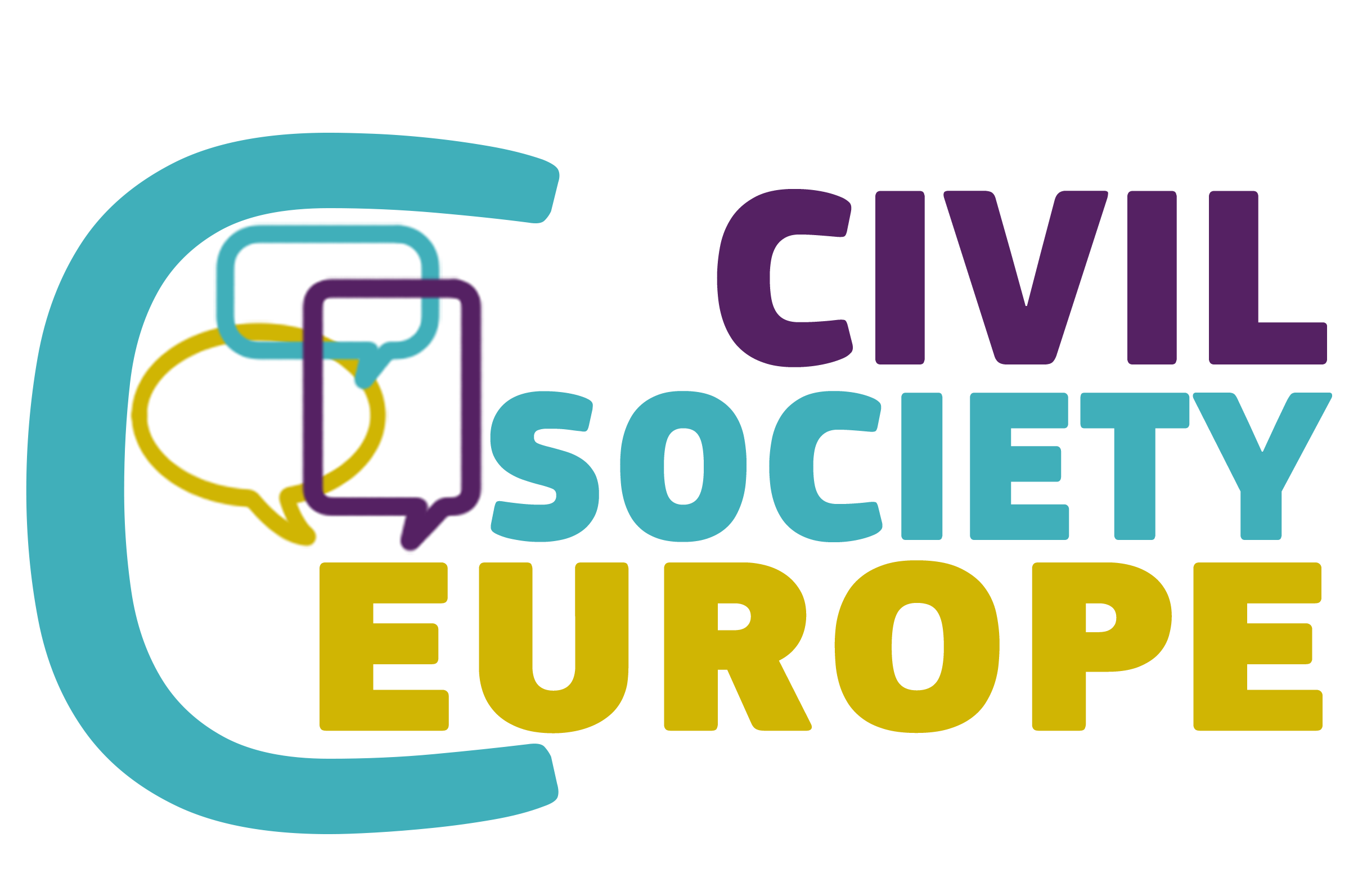During its meeting on 7 April, the Executive Board of the Conference on the Future of Europe* rejected a proposal from the European Parliament to include a representative of the Civil Society Convention on the Future of Europe as an observer.
Twenty years after the civil society engagement in the Intergovernmental Conference that brought a legal base in the EU Treaty to organise “an open, transparent and regular dialogue with civil society and representative associations”, the adoption of the Civil Society Convention proposal by the European Parliament would have been a positive political message to citizens in Europe that are gathering into, and volunteering with civil society organisations.
At a time when civil society is in the frontline trying to mitigate the dire costs of the crisis, we continue to believe that structured civil dialogue with the full range of civil society actors encompassing all its social and economic components is a fundamental element of the European democracy.
The Civil Society Convention remains firmly engaged in mobilising its wide and diverse constituencies to bring into the public debate a strong and shared agenda for addressing social, environmental and democratic challenges, contributing to the Conference Plenary and scrutinising the implementation processes that will be needed to follow-up.
We bring together over 75 European civil society networks and platforms with constituencies all across Europe, uniting millions of citizens active in all areas of life, from education to culture, social inclusion, environment, health, governance and transparency.
We self-organised long before the institutional process was launched and we are committed to carry the legacy of our mobilisation beyond the close of the institutional process. Democracy, solidarity, equality and inclusiveness is our compass and we will rally all engines in our societies towards making tomorrow better than yesterday.
Stay tuned to join us for the first Civil Society Convention public debate on the Future of Europe on 11th May!
*The Executive Board of the Conference is responsible for the agenda setting and the steering of the Conference. In addition to representatives of the three main EU institutions, it includes as observers the representatives of the conference of national parliaments, the EESC and the CoR, as well as the social partners.

